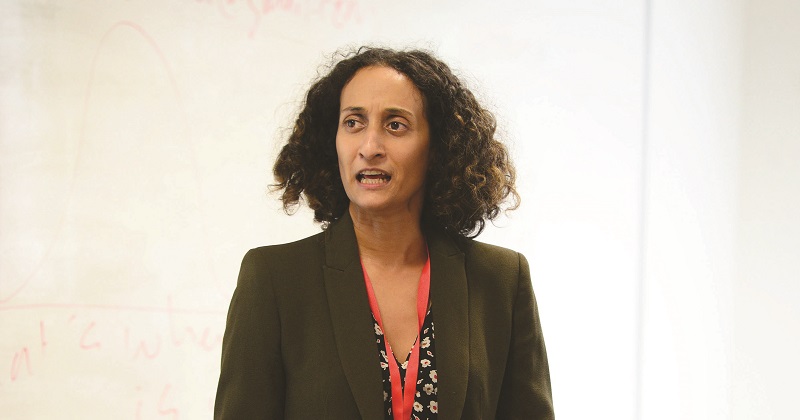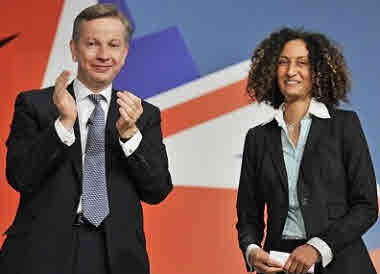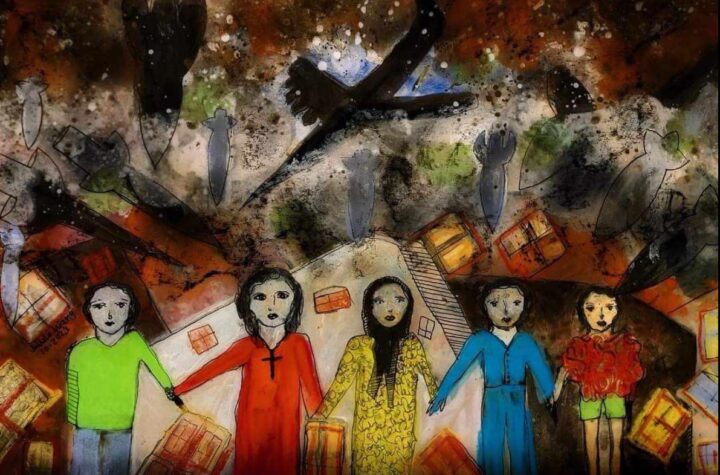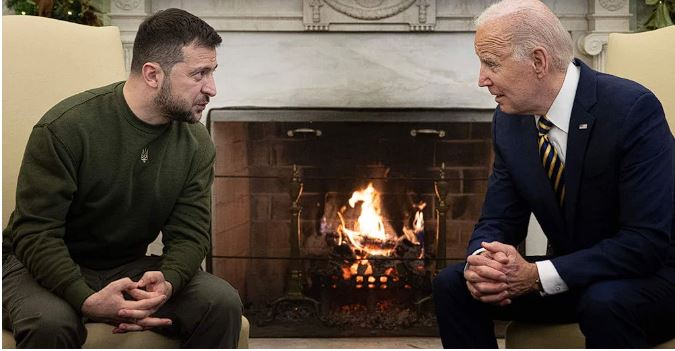
THE case of Michaela Free School, which was revealed to be placing children in “lunch isolation” if their parents fell behind with paying lunch money, reveals so much about what is wrong with recent education policy.
Obviously, there is the shocking nature of the approach itself, and the underlying values it suggests. The idea that the best response to parents who struggle to keep up with the cost of school lunches is to punish and stigmatise their children is both vindictive and counterproductive. It is an approach that would be more at home in Victorian London than a 21st-century capital.
Not only is it likely to damage the self-esteem, self-respect and learning of the students affected, it actively drives a wedge between the school and the community it is supposed to serve. There seems to be no attempt to find out why parents are struggling or to meet them to discuss underlying issues but, instead, the school issues what basically amounts to a ransom demand threatening to isolate and bully their child until they pay up.
Unfortunately, this condescending and divisive approach to the parent community does not seem to be out of character for the Michaela School. When the school opened in 2014, they wrote to new parents with the following message:
“I am certain you will want to meet our high standards. It won’t always be easy. When your child’s black shoelace is broken and you are rushing to work and only have a white shoelace to give them, you may find yourself wishing that you had sent your child to a school that would make an exception to the uniform once in a while. You’ll then remember that we have high standards for a reason: to ensure your child has access to an extraordinary education.”
This may have come as a shock to a number of local parents who, according to the local press, had not expressed a preference for the school and its archaic approach to uniform and discipline but had been allocated a place after missing out on their first six preferences.
The school’s “back to the past” approach also extends into teaching and learning and it boasts of teachers who “believe in imparting knowledge, benchmarking and healthy competition,” an educational approach that seems to be modelled on the assembly line, not the creative and critical process of educating young minds.
This may leave you wondering who is actually running our schools. And well you may ask. Some readers may be familiar with the name Katharine Birbalsingh. She was the darling of the Tory right after she gave a speech at the 2010 Conservative Party conference, attacking the state education system and providing ideological justification for the destructive reforms we have faced since.
She was promptly sacked, having named and shown photographs of children at the school as part of her tirade and having made comments the school deemed “insulting” to her colleagues. Now she’s in charge at the Michaela School.
It may be an extreme example but it highlights a number of wider issues. First, the whole free school project means there is little or no control over who is running our schools. The fact that someone sacked for political abuse of their position can just set up their own school and carry on is a disgrace.
Second, the approach of the Michaela Free School to its parent community is representative of a growing gulf between schools and their local communities. Marketisation and commoditisation of education deepens these divisions as teachers and parents confront each other not as collaborative communities but as businesses and customers.
Finally, in all of this, the very nature of education is being lost and replaced with an out-of-date failed model in which the transmission of knowledge and behaviours replaces the development of creative and critical thinking.
Our answer to this must be to revisit the nature and structure of education, starting with outlining plans for a National Education Service.
source
See also: Follow Sodium Haze on Facebook




Education should not be competative but collaborative, allowing students to inquire and absorb knowledge according to their aptitudes, so to discover their strengths for a post-education vocation in a self-fulfilling and societal-beneficial role.